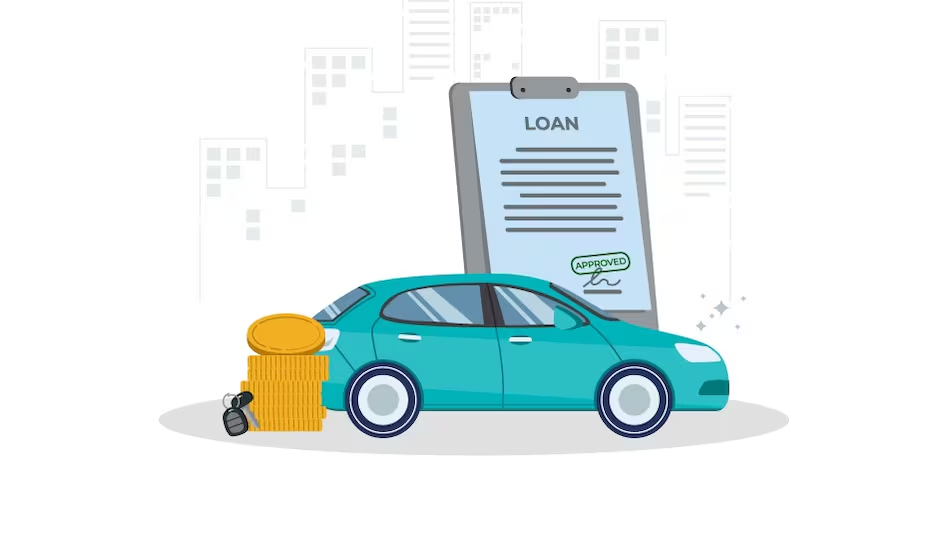Interest Rates
Current Market Rates:
- Rate Trends: The overall economic environment and market conditions can significantly impact interest rates. When market rates are lower than the rate on your existing loan, refinancing could save you money by reducing your interest expense.
- Rate Type: Consider whether the new loan offers a fixed or variable interest rate. A fixed rate remains constant throughout the loan term, providing stability in monthly payments. In contrast, a variable rate may change over time, potentially lowering initial payments but introducing uncertainty if rates rise.
Personal Credit Profile:
- Credit Score Improvement: Your credit score is a critical factor in determining the interest rate you’ll qualify for when refinancing. If your credit score has improved since you first took out the loan, you might be eligible for a lower rate.
- Credit History: A strong credit history, including timely payments and low debt levels, can positively influence lenders’ decisions and lead to more favorable refinancing terms.

Loan Term and Payment Structure
Adjusting the Loan Term:
- Shortening the Term: Refinancing to a shorter loan term can help you pay off the vehicle faster and reduce the total interest paid over the life of the loan. This option typically results in higher monthly payments but can lead to significant savings in interest.
- Extending the Term: Alternatively, extending the loan term can lower monthly payments, providing immediate financial relief. However, this approach may increase the total interest paid, as the loan balance is spread over a longer period.
Payment Flexibility:
- Monthly Payment Impact: Consider how refinancing will affect your monthly budget. A lower interest rate or extended term can decrease payments, making them more manageable. However, ensure the new payment fits comfortably within your financial plan.
- Prepayment Penalties: Check whether your current loan has prepayment penalties, which could negate some of the savings from refinancing. Additionally, review the new loan’s terms for any prepayment fees.
Vehicle Value and Loan Balance

Vehicle Depreciation:
- Loan-to-Value Ratio (LTV): The difference between the car’s current market value and the remaining loan balance, known as the loan-to-value ratio, is a crucial factor in refinancing decisions. Lenders prefer a lower LTV ratio, as it reduces their risk.
- Negative Equity: If you owe more on the loan than the vehicle’s current value (negative equity), refinancing may be more challenging or come with less favorable terms. In such cases, you may need to bring cash to the table or accept a higher interest rate.
Car Age and Condition:
- Lender Requirements: Some lenders have restrictions based on the age and mileage of the vehicle. Older cars or those with high mileage may not qualify for refinancing, or they may only be eligible for specific loan products with stricter terms.
Lender Policies and Fees
Refinancing Costs:
- Application and Processing Fees: Be aware of any fees associated with the refinancing process, including application, processing, and title transfer fees. These costs can vary by lender and should be factored into your overall savings calculation.
- Rate Shopping: Different lenders offer different rates and terms. Shopping around and comparing offers from multiple lenders can help you secure the best deal. Consider banks, credit unions, and online lenders as part of your search.
Lender Flexibility:
- Loan Conditions: Review the specific terms and conditions of the new loan, including any restrictions on loan modifications or payment schedules. Some lenders may offer flexible repayment options, while others may have more rigid requirements.

